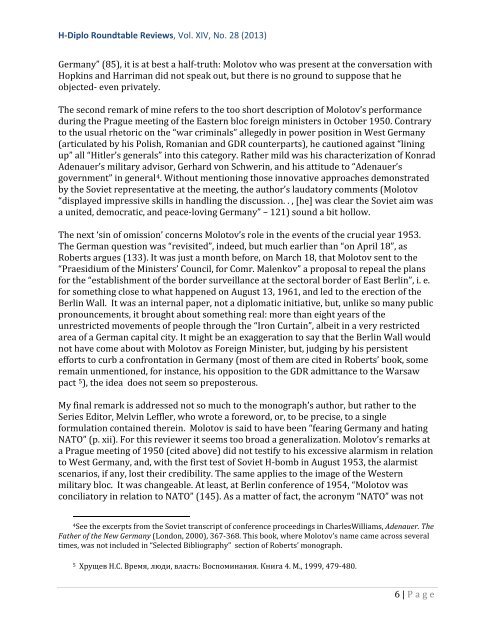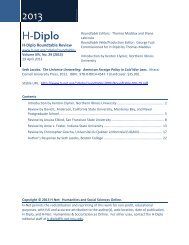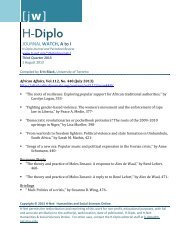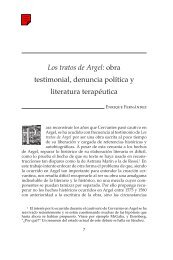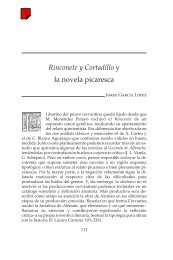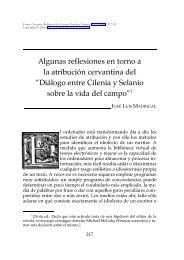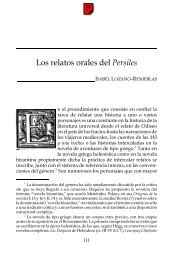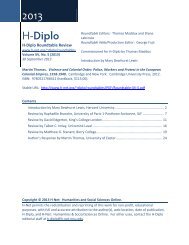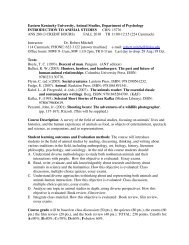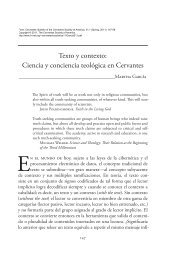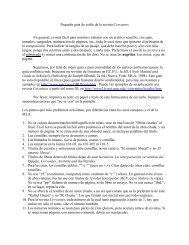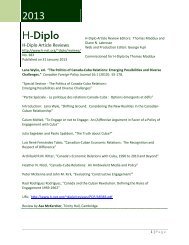H-Diplo Roundtable on Geoffrey Roberts. Molotov - H-Net
H-Diplo Roundtable on Geoffrey Roberts. Molotov - H-Net
H-Diplo Roundtable on Geoffrey Roberts. Molotov - H-Net
Create successful ePaper yourself
Turn your PDF publications into a flip-book with our unique Google optimized e-Paper software.
H-<str<strong>on</strong>g>Diplo</str<strong>on</strong>g> <str<strong>on</strong>g>Roundtable</str<strong>on</strong>g> Reviews, Vol. XIV, No. 28 (2013)<br />
Germany” (85), it is at best a half-truth: <strong>Molotov</strong> who was present at the c<strong>on</strong>versati<strong>on</strong> with<br />
Hopkins and Harriman did not speak out, but there is no ground to suppose that he<br />
objected- even privately.<br />
The sec<strong>on</strong>d remark of mine refers to the too short descripti<strong>on</strong> of <strong>Molotov</strong>’s performance<br />
during the Prague meeting of the Eastern bloc foreign ministers in October 1950. C<strong>on</strong>trary<br />
to the usual rhetoric <strong>on</strong> the “war criminals” allegedly in power positi<strong>on</strong> in West Germany<br />
(articulated by his Polish, Romanian and GDR counterparts), he cauti<strong>on</strong>ed against “lining<br />
up” all “Hitler’s generals” into this category. Rather mild was his characterizati<strong>on</strong> of K<strong>on</strong>rad<br />
Adenauer’s military advisor, Gerhard v<strong>on</strong> Schwerin, and his attitude to “Adenauer’s<br />
government” in general 4 . Without menti<strong>on</strong>ing those innovative approaches dem<strong>on</strong>strated<br />
by the Soviet representative at the meeting, the author’s laudatory comments (<strong>Molotov</strong><br />
“displayed impressive skills in handling the discussi<strong>on</strong>. . , [he] was clear the Soviet aim was<br />
a united, democratic, and peace-loving Germany” – 121) sound a bit hollow.<br />
The next ‘sin of omissi<strong>on</strong>’ c<strong>on</strong>cerns <strong>Molotov</strong>’s role in the events of the crucial year 1953.<br />
The German questi<strong>on</strong> was “revisited”, indeed, but much earlier than “<strong>on</strong> April 18”, as<br />
<strong>Roberts</strong> argues (133). It was just a m<strong>on</strong>th before, <strong>on</strong> March 18, that <strong>Molotov</strong> sent to the<br />
“Praesidium of the Ministers’ Council, for Comr. Malenkov” a proposal to repeal the plans<br />
for the “establishment of the border surveillance at the sectoral border of East Berlin”, i. e.<br />
for something close to what happened <strong>on</strong> August 13, 1961, and led to the erecti<strong>on</strong> of the<br />
Berlin Wall. It was an internal paper, not a diplomatic initiative, but, unlike so many public<br />
pr<strong>on</strong>ouncements, it brought about something real: more than eight years of the<br />
unrestricted movements of people through the “Ir<strong>on</strong> Curtain”, albeit in a very restricted<br />
area of a German capital city. It might be an exaggerati<strong>on</strong> to say that the Berlin Wall would<br />
not have come about with <strong>Molotov</strong> as Foreign Minister, but, judging by his persistent<br />
efforts to curb a c<strong>on</strong>fr<strong>on</strong>tati<strong>on</strong> in Germany (most of them are cited in <strong>Roberts</strong>’ book, some<br />
remain unmenti<strong>on</strong>ed, for instance, his oppositi<strong>on</strong> to the GDR admittance to the Warsaw<br />
pact 5 ), the idea does not seem so preposterous.<br />
My final remark is addressed not so much to the m<strong>on</strong>ograph’s author, but rather to the<br />
Series Editor, Melvin Leffler, who wrote a foreword, or, to be precise, to a single<br />
formulati<strong>on</strong> c<strong>on</strong>tained therein. <strong>Molotov</strong> is said to have been “fearing Germany and hating<br />
NATO” (p. xii). For this reviewer it seems too broad a generalizati<strong>on</strong>. <strong>Molotov</strong>’s remarks at<br />
a Prague meeting of 1950 (cited above) did not testify to his excessive alarmism in relati<strong>on</strong><br />
to West Germany, and, with the first test of Soviet H-bomb in August 1953, the alarmist<br />
scenarios, if any, lost their credibility. The same applies to the image of the Western<br />
military bloc. It was changeable. At least, at Berlin c<strong>on</strong>ference of 1954, “<strong>Molotov</strong> was<br />
c<strong>on</strong>ciliatory in relati<strong>on</strong> to NATO” (145). As a matter of fact, the acr<strong>on</strong>ym “NATO” was not<br />
4 See the excerpts from the Soviet transcript of c<strong>on</strong>ference proceedings in CharlesWilliams, Adenauer. The<br />
Father of the New Germany (L<strong>on</strong>d<strong>on</strong>, 2000), 367-368. This book, where <strong>Molotov</strong>’s name came across several<br />
times, was not included in “Selected Bibliography” secti<strong>on</strong> of <strong>Roberts</strong>’ m<strong>on</strong>ograph.<br />
5 Хрущев Н.С. Время, люди, власть: Воспоминания. Книга 4. М., 1999, 479-480.<br />
6 | P age


